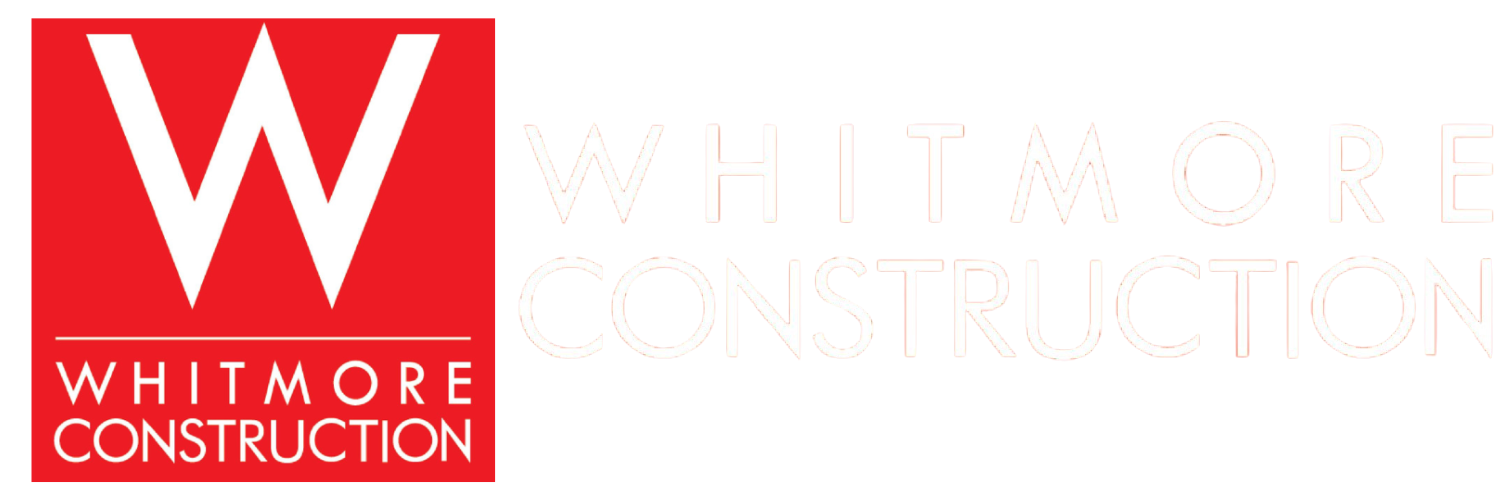 Invoice factoring has become a crucial financial tool for businesses, particularly in the construction industry. As construction companies grapple with cash flow challenges, understanding how invoice factoring works can provide significant advantages. In Arlington, where the construction sector is booming, leveraging this financial strategy can help maintain profitability and operational efficiency.
Invoice factoring has become a crucial financial tool for businesses, particularly in the construction industry. As construction companies grapple with cash flow challenges, understanding how invoice factoring works can provide significant advantages. In Arlington, where the construction sector is booming, leveraging this financial strategy can help maintain profitability and operational efficiency.
Understanding Invoice Factoring
Invoice factoring is a financial transaction in which a business sells its accounts receivable (invoices) to a third party, known as a factoring company, at a discount. This allows the business to receive immediate cash, improving liquidity without waiting for clients to pay their invoices.
The Basics of Invoice Factoring
At its core, invoice factoring is relatively straightforward. A construction company submits its outstanding invoices to the factoring company, which then advances the majority of the invoice amount to the construction business, typically around 70% to 90% of the invoice value. Once the client pays the invoice, the factoring company releases the remaining balance, minus a fee for their services.
What makes invoice factoring particularly appealing, especially in the construction industry, is the speed with which funds are made available. Traditional financing methods often involve lengthy application processes and rigid credit requirements, which can be problematic for businesses needing immediate capital. This immediacy can be crucial for construction companies that often face tight deadlines and the need to manage multiple projects simultaneously.
The Role of Invoice Factoring in Construction
In construction, cash flow can be unpredictable due to delayed payments from clients and extended project timelines. Invoice factoring addresses these issues by converting receivables into cash, enabling construction companies to pay suppliers, meet payroll, and finance ongoing projects without interruption. This financial flexibility can be the difference between completing a project on time and facing costly delays that could jeopardize future contracts.
Furthermore, because factoring is based on sales invoices rather than credit history, it allows newer construction companies to access funding that they might not qualify for under traditional bank lending criteria. This opens the door for innovative contractors who may have strong project pipelines but lack the established credit history to secure conventional loans. Additionally, factoring can enhance a company’s ability to negotiate better terms with suppliers by ensuring they have the cash flow necessary to pay upfront or take advantage of discounts for early payments.
Moreover, the factoring process can also provide valuable insights into a company’s financial health. Many factoring companies offer additional services, such as credit checks on clients and ongoing accounts receivable management, which can help construction businesses make informed decisions about whom to extend credit. This not only mitigates the risk of bad debts but also fosters stronger relationships with clients, as businesses can better manage their expectations regarding payment timelines.
Benefits of Invoice Factoring for Construction Companies
Utilizing invoice factoring offers numerous benefits that can significantly enhance the financial health of construction companies in Arlington. Understanding these advantages can help companies make informed decisions about their financing options.
Improving Cash Flow
One of the primary advantages of invoice factoring is the immediate improvement in cash flow. By receiving cash upfront from outstanding invoices, construction businesses can manage day-to-day expenses more effectively. This is particularly important during slow payment cycles, as it helps avoid costly delays in project timelines.
In addition, improved cash flow allows companies to take on new projects without waiting for previous clients to pay. This increases competitiveness and the ability to seize new opportunities in a growing market.
Mitigating Financial Risks
Invoice factoring can also serve as a risk management tool for construction companies. By converting receivables to cash quickly, companies can reduce their dependency on outside financing and avoid the hazards of high-interest loans.
Moreover, many factoring companies offer credit checks on clients seeking to purchase construction services, allowing businesses to make informed decisions about who they extend credit to, thus minimizing the risk of bad debt.
How Arlington Construction Companies Can Utilize Invoice Factoring
For construction companies in Arlington looking to dive into invoice factoring, understanding how to integrate this practice into your financial strategy is essential. Here are actionable steps to consider.
Choosing the Right Factoring Company
Selecting a reliable factoring company is critical. Construction companies should conduct thorough research to find a factoring partner that specializes in the construction industry. This ensures that they understand the unique challenges and cash flow cycles associated with construction projects.
Factors to consider include the company’s fees, the percentage of invoices they will advance, their flexibility in terms of terms, and the customer service they provide. A good partnership will not only provide financial support but also enhance the overall financial strategy of the construction company.
The Process of Invoice Factoring in Construction
The process of invoice factoring involves a few essential steps. First, a construction company submits invoices to the factoring company for review. After verification, the factoring company advances a percentage of the invoice amount.
Once the client has paid the invoice, the factoring company releases the remaining funds, deducting their fees. This straightforward process can be a lifesaver for construction businesses that require quick access to funds.
Common Misconceptions about Invoice Factoring
Despite its benefits, several misconceptions about invoice factoring linger, often causing hesitation among construction companies. It’s crucial to debunk these myths to foster a clearer understanding of what factoring entails.
Debunking Myths about Invoice Factoring
One common myth is that factoring is a sign of financial desperation. In reality, many financially stable companies use invoice factoring as a proactive cash flow management tool. Instead of waiting for client payments, they can ensure continuous operational efficiency.
Another misconception is that invoice factoring is complicated or cumbersome. However, the process is typically straightforward, with most factoring companies streamlining the paperwork to make it as efficient as possible. Companies can often receive their funds within 24 to 48 hours of submitting invoices.
The Truth about the Costs and Benefits
Some construction companies fear that the costs associated with factoring will outweigh the benefits. While fees can vary, the savings generated from improved cash flow and reduced financial risks often far exceed these costs, especially when considering the potential for lost opportunities due to cash shortages.
Ultimately, when viewed through the lens of long-term financial health, the benefits of invoice factoring frequently outweigh the apparent costs.
Future Trends in Invoice Factoring for Construction
As the construction industry evolves, invoice factoring is poised to undergo significant transformations, fueled by technological advancements and changing economic landscapes.
Technological Advancements in Invoice Factoring
Emerging technologies are revolutionizing how factoring services operate. Innovations such as artificial intelligence and data analytics are optimizing the underwriting process, making it quicker and more efficient.
With the continued rise of digital platforms for invoice submission and tracking, construction companies can expect a more streamlined experience in their factoring agreements. This evolution will lead to increased accessibility and better cash flow management solutions.
The Impact of Economic Changes on Invoice Factoring
Economic fluctuations also play a vital role in the factoring landscape. As construction activities grow or diminish with economic trends, the demand for factoring services may shift correspondingly. Construction companies that adapt to these changes will be better positioned to utilize invoice factoring effectively.
Overall, the landscape of invoice factoring presents a robust opportunity for Arlington construction companies seeking to enhance their financial agility in a competitive industry.
Ready to enhance your financial agility and ensure the success of your construction projects? Look no further than Whitmore Construction. Our comprehensive in-house services, resource balancing arrangements, and expert teams are already in place to bring your project to life efficiently and effectively. We prioritize the implementation, maintenance, and integrity of your projects, consistently exceeding expectations with our continuous improvement policies and rigorous feedback implementation. With our extensive experience and commitment to excellence in aerial and underground construction, including specialized utility relocation engineering, we’re equipped to handle the complexities of FTTH network deployments and more. Don’t let cash flow challenges slow you down. Start Now! and take the first step towards seamless project management with Whitmore Construction’s trusted factoring solutions.
